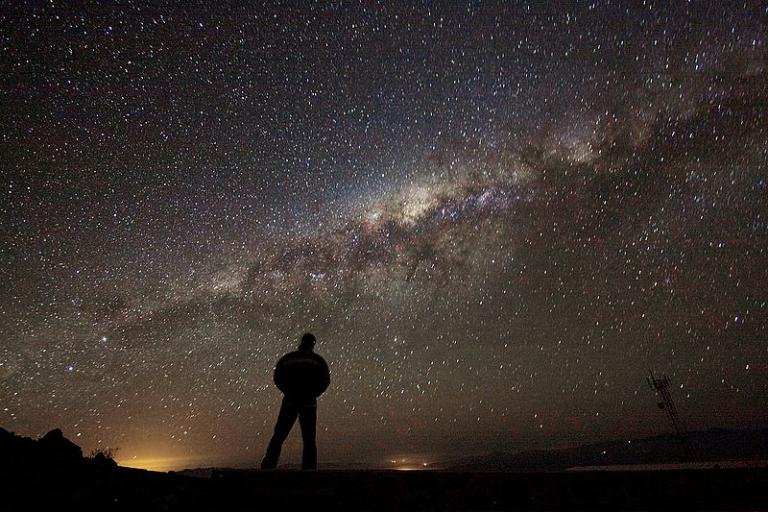
Some quotations from the late great historian of science Father Stanley Jaki:
… investing science with a prophetic and messianic role has not been the doing of science. Exact science, or rather its best cultivators, have never claimed that role. Exact physical science came into its own when during the seventeenth century it eliminated from its ken questions about existence, meaning, purpose, and the like. No wonder that sensitive physicists instinctively reject appeals from shortsighted humanists to do science in a so-called meaningful, or prophetic way. The cultivation of that meaningfulness is the business of the philosophy of being, or metaphysics, and of religion, if one wants to go even further. This is not to suggest that science is not full of philosophical presup- positions. But philosophy as such is not a direct part of the scientific strategy of exploring what can be known quantitatively about nature and existence.
Chance or Reality and Other Essays, p. 138
To foresee the behavior of things, man had to depersonalize his study of the universe. It was as if one were to consider the beautiful display on the state of nature a poetic disguise and look for the ultimate reality in the ugly, soulless mesh of ropes, pulleys, and levers found backstage.
The Relevance of Physics, p. 51
For reasons inherent in the method of physical science, no watertight proof of the existence of God can be built on its data and conclusions. But this also meant that no refutation of the existence of God could be built on physics either.
The Absolute Beneath the Relative and Other Essays, p. 71
For Plato and the Greeks, the world was not created but generated, or rather begotten from a divine substance. For Christians the only divinely begotten entity was the Son, alone consubstantial with the Father, the Creator. The world in Christian perspective had to be created, that is, contingent in the deepest sense. But since creation was the act of a rational Creator, infinitely superior to a mere demiurgos, the work of creation had to be fully consistent, that is, rational. Such was the fuller per- spective of the “Word became flesh,” a perspective which the Greeks of old could not muster. This is why science implies much more than the Greek way of looking at the world, a way which, how- ever rational as long as it dealt with the abstractions of geometry, was not rational enough when it came to physical reality. In the end it became the prisoner of irrationality which barred access to the novelty of a self-sustaining science, the only science worthy of its name.
Chance or Reality and Other Essays, p. 221
The Greeks failed to develop science, by which I mean an intellectual enterprise in which one dis- covery generates another discovery and does so at an increasingly accelerated rate … the Greeks of old failed to make any breakthrough in the science of motion or dynamics which is the basis of all physics and which in turn is the basis of all modern exact science.
The Absolute Beneath the Relative and Other Essays, pp. 61-62










